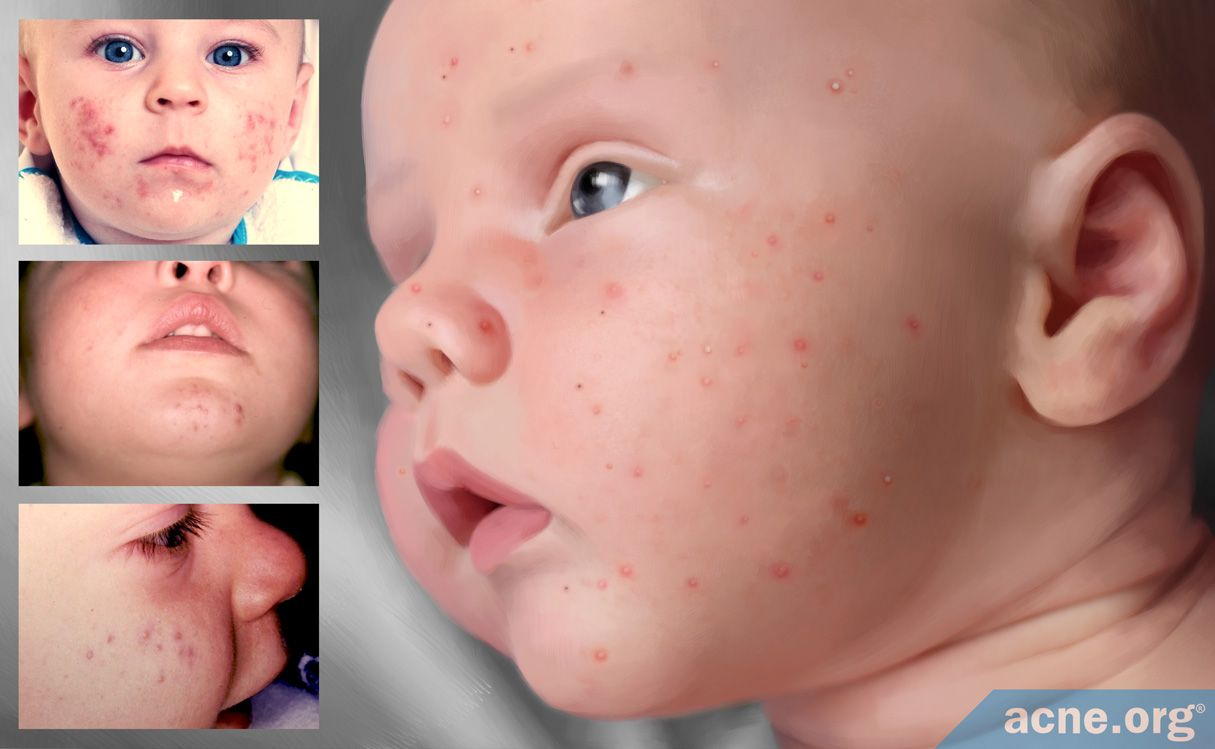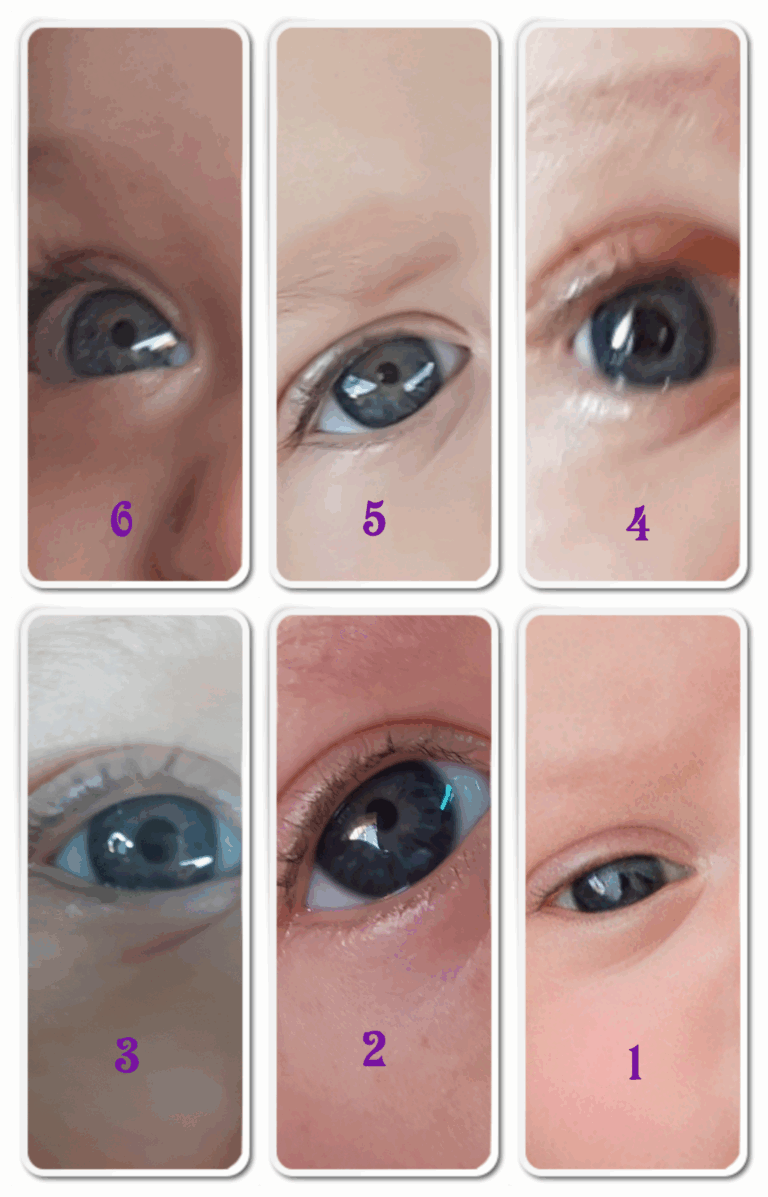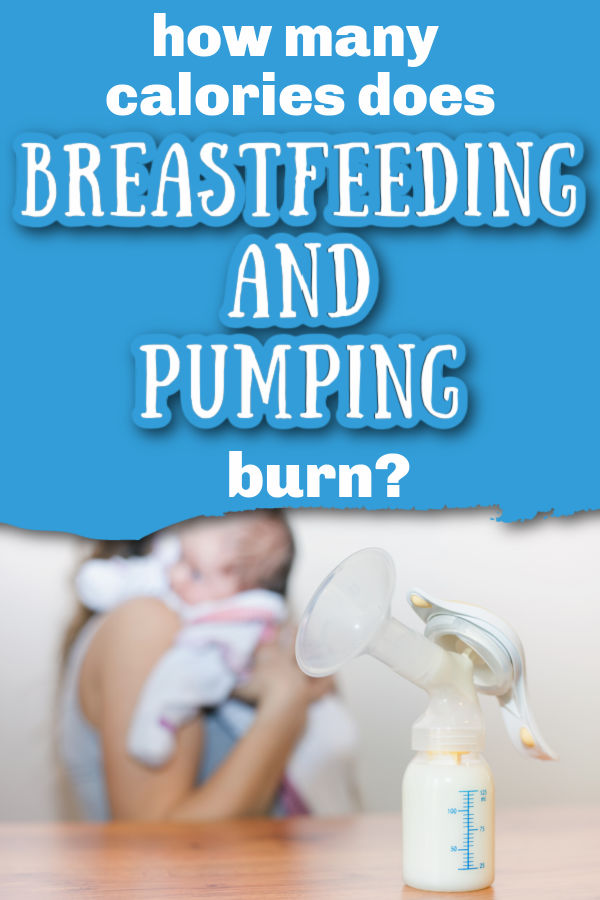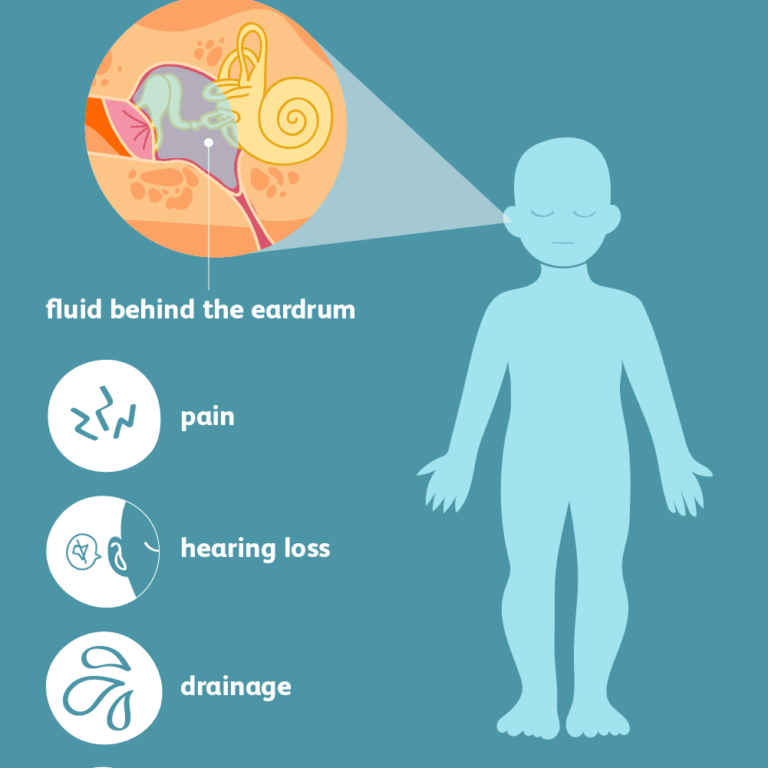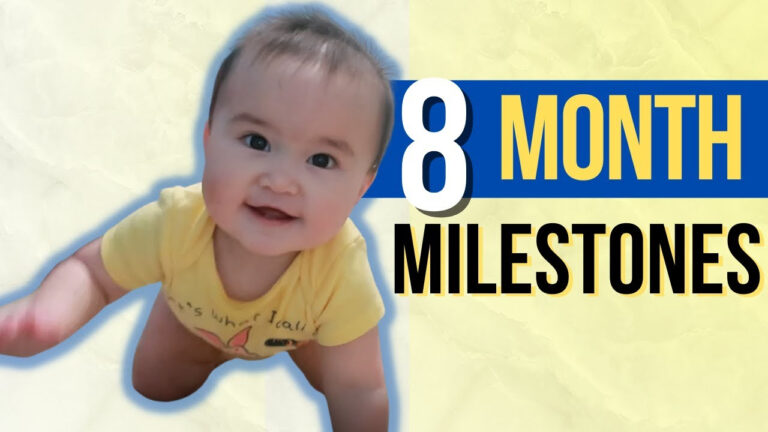What Is Baby Acne: Understanding and Managing Your Baby’s Skin Condition
As a parent, seeing your baby’s smooth and soft skin suddenly break out in pimples can be distressing. Baby acne, also known as neonatal acne, is a common skin condition that affects many newborns. In this article, we will delve into what baby acne is, what causes it, how to distinguish it from other skin conditions, and how to manage and treat it effectively.
Knowledge
Baby acne is a common skin condition that affects newborns within the first few weeks of life. It is characterized by red or white bumps on the baby’s face, particularly on the cheeks, nose, and forehead. While it may resemble teenage acne, baby acne is different and typically does not cause any discomfort or itching for the baby.
The exact cause of baby acne is not fully understood, but it is believed to be related to the hormones that the baby received from the mother during pregnancy. These hormones can stimulate the baby’s oil glands, leading to the development of acne. Additionally, certain factors such as a family history of acne or skin irritation from saliva or milk can contribute to the development of baby acne.
It is important to distinguish baby acne from other skin conditions such as eczema or heat rash. Baby acne usually appears within the first few weeks of life and resolves on its own within a few months. It is characterized by small red or white bumps, whereas eczema typically presents as dry, red, and itchy patches on the skin. Heat rash, on the other hand, is caused by blocked sweat ducts and appears as small red bumps on areas of the body that are prone to sweating.
While baby acne does not require any specific treatment and typically resolves on its own, there are some steps you can take to manage and alleviate the condition. Avoid using harsh soaps or lotions on your baby’s face, as these can irritate the skin further. Gently cleanse the affected areas with mild baby soap and water, and pat dry with a soft towel. Avoid picking or squeezing the pimples, as this can lead to scarring or infection.
If you are concerned about your baby’s acne or if it seems to be worsening or spreading, consult your pediatrician for further evaluation and guidance. In some cases, your doctor may recommend a gentle topical treatment to help clear up the acne.
Conclusion
In conclusion, baby acne is a common and usually harmless skin condition that affects many newborns. It is important to understand what baby acne is, what causes it, and how to manage and treat it effectively. By following gentle skincare practices and consulting with your pediatrician if needed, you can help your baby’s skin clear up and stay healthy.
Overall, baby acne is a temporary and common condition that does not typically cause any long-term issues for your baby. With proper care and attention, you can help your baby’s skin stay smooth and clear as they continue to grow and develop.
